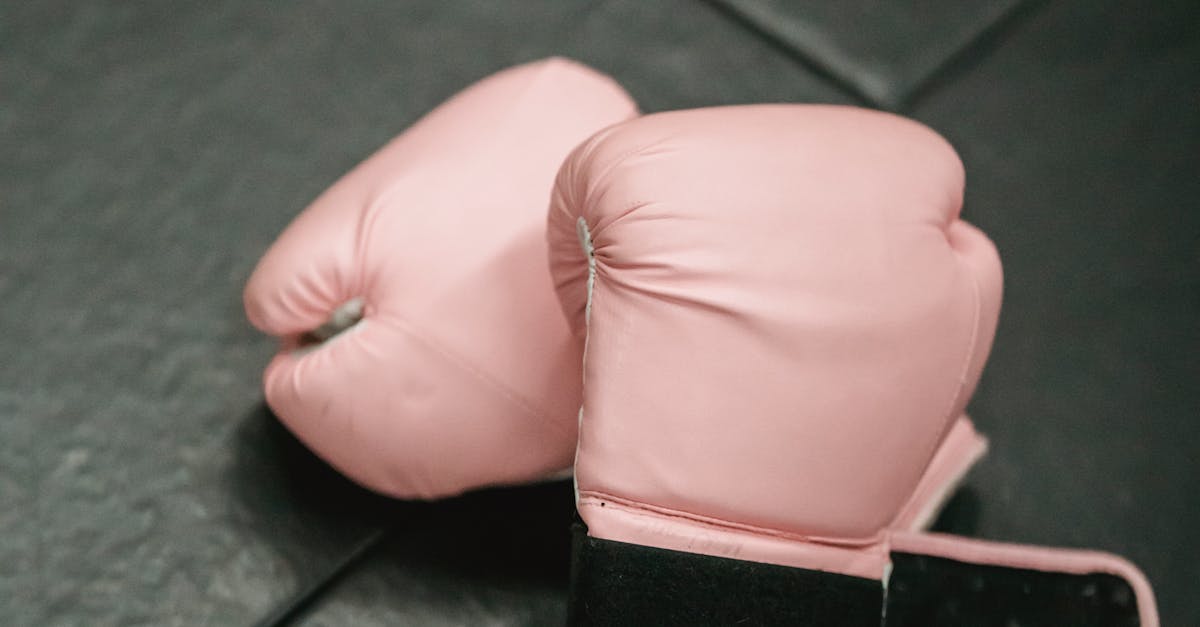
of intoxication and are empowered to refuse service to individuals who are visibly impaired. This proactive approach not only ensures the safety of patrons but also helps in complying with liquor licensing laws.
In addition to staff training, strip clubs should also consider introducing a limit on the number of drinks each patron can purchase within a certain timeframe. By setting boundaries on alcohol consumption, establishments can mitigate the risk of overconsumption and the potential for alcohol-related incidents. Monitoring drink sales and enforcing these limits can contribute to a safer and more controlled drinking environment within the club.
Compliance with Licensing Laws
Strip clubs that serve alcohol must ensure strict adherence to liquor licensing regulations in Australia. It is imperative for these establishments to obtain the necessary licenses and permits to serve alcohol legally on their premises. Failure to comply with licensing laws can result in hefty fines, suspension of liquor licenses, and even closure of the business. Therefore, it is paramount for strip clubs to closely follow all requirements set forth by the licensing authorities to operate within the bounds of the law.
Additionally, strip clubs must regularly review and update their procedures to align with any changes in liquor licensing regulations. This may involve training staff members on the latest guidelines, ensuring that all alcohol service practices are in accordance with the law, and conducting periodic audits to confirm compliance. By staying informed about licensing laws and making a concerted effort to meet these requirements, strip clubs can operate responsibly and maintain a safe environment for both patrons and staff members.
Adhering to Liquor Licensing Regulations
To maintain compliance with liquor licensing regulations, strip clubs must ensure that all staff members are appropriately trained and hold the necessary certifications to serve alcohol. It is imperative that employees are aware of the legal drinking age, responsible service of alcohol guidelines, and the penalties for non-compliance. Regular training sessions should be conducted to update staff on any changes to licensing laws, reinforcing the importance of adhering to these regulations.
Additionally, strip clubs must keep accurate records of alcohol sales and consumption, as mandated by licensing authorities. This includes maintaining detailed records of the types and quantities of alcohol purchased, sold, and disposed of on the premises. By keeping meticulous records, strip clubs can demonstrate their commitment to operating within the boundaries of liquor licensing laws, thereby reducing the risk of fines or license suspension.
Incident Reporting
Incident reporting is a crucial aspect of maintaining a safe environment within strip clubs when it comes to alcohol service. It is essential for establishments to have clear protocols in place for managing alcohol-related incidents that may arise during business operations. Prompt and accurate reporting of such incidents can help to address issues swiftly and effectively.
Training staff members on how to report incidents accurately and promptly is vital to ensure compliance with regulations and to uphold the safety of patrons. Encouraging a culture of transparency and accountability within the establishment can contribute to a proactive approach in identifying and resolving potential alcohol-related incidents before they escalate. By having a structured incident reporting system in place, strip clubs can demonstrate their commitment to responsible alcohol service and the well-being of their customers.Table Of Contents
Protocol for Handling AlcoholRelated IncidentsImportance of Health and Hygiene Standards in Strip Clubs
Moreover, implementing strategic measures such as regulating the volume of music and entertainment performances can contribute significantly to noise management in strip clubs. By setting appropriate noise levels and enforcing guidelines on sound amplification, club operators can strike a balance between creating an engaging atmosphere and ensuring that noise levels remain within permissible limits. Additionally, incorporating sound-absorbing elements like carpets, curtains, and acoustic panels can help to dampen noise within the club premises, contributing to a more comfor table environment for both patrons and performers.